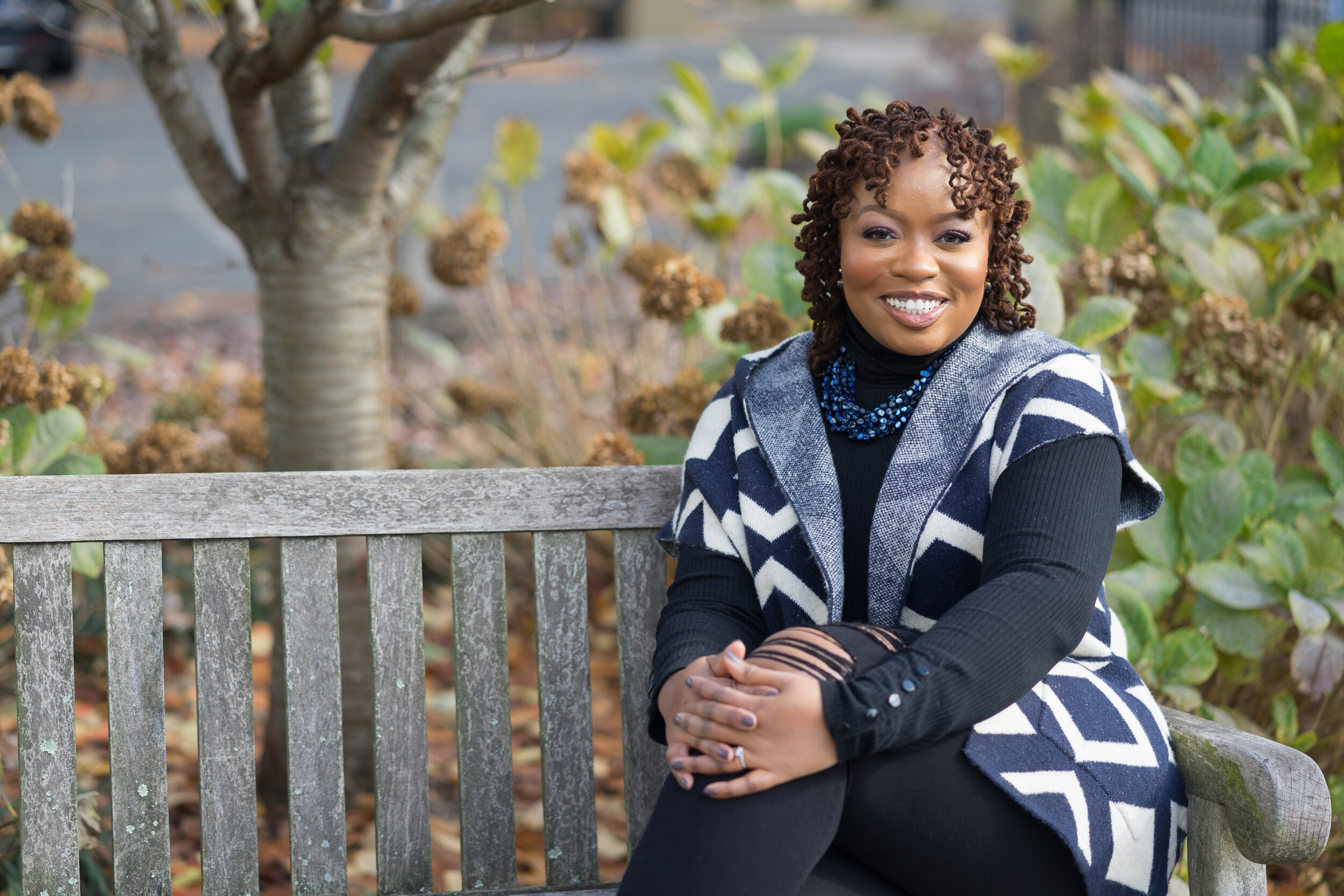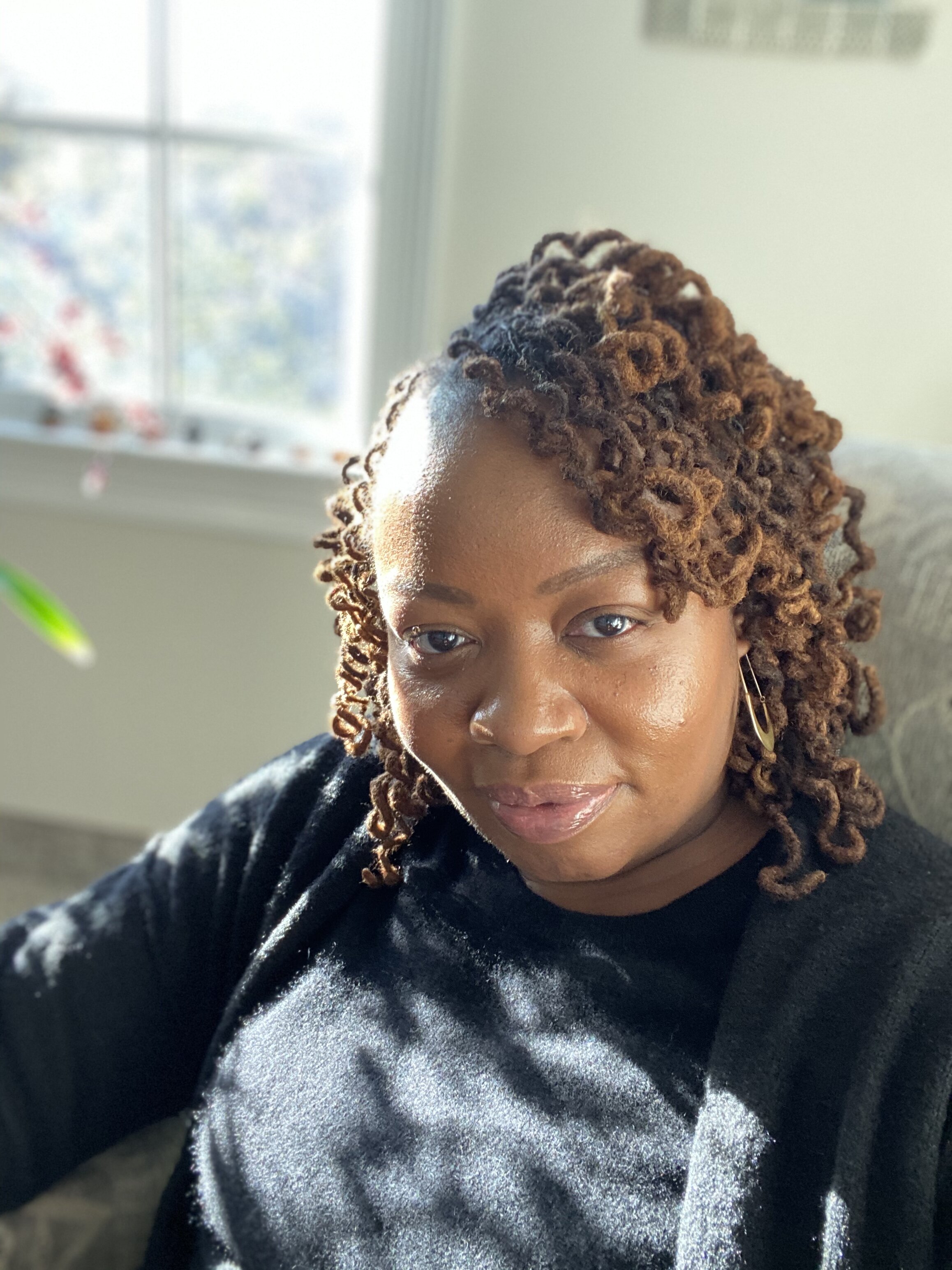What is the #1 reason black couples go to therapy? The same reason that compels white couples to pick up the phone to make an appointment for therapy; communication.
Communication difficulties are one of the most common reasons why all couples enter therapy. Black couples are no different, but we must be honest that black couples have different issues that impact their communication issues in relationships because of racism.
For many Black couples, communication is complicated by racism everywhere. Racism in the workplace, childhood, educational systems, in countless micro-aggressions black people encounters just living life. Add this to the fact that in order to survive many black people were socialized to wear a mask, to not display true feelings or emotions, it is often very difficult for Black people—especially Black men—to express their feelings directly.
In order to have a healthy relationship you need healthy communication, right? What if healthy expressions of feelings appropriate to situations can lead to your death? Because the expression of emotions for black people historically and present-day face for expressing their feelings can have deadly consequences. Many black people struggle to have a place that is safe in this society to express their emotions. Look at Sandra Bland and other cases of black people and police-involved shootings.
So many Black men and women often enter therapy with the complaint that their partners are emotionally unavailable. There are many valid reasons for this reinforced by our society. That’s why it’s important for the therapist to understand these realities, to help black couples when they come to therapy for help. One of my first strategies with black couples is to join and connect with each person and work to establish trust. Once trust is established, I can begin to explore what each member of the couple has brought to the relationship in terms of past experiences racial traumas. That is where healing can begin and small steps to improve communication start.
Please email me at therapyfor@livinginthesecondhalf.com or call me at 646-859-0125 to schedule a free 15 minute consulation







